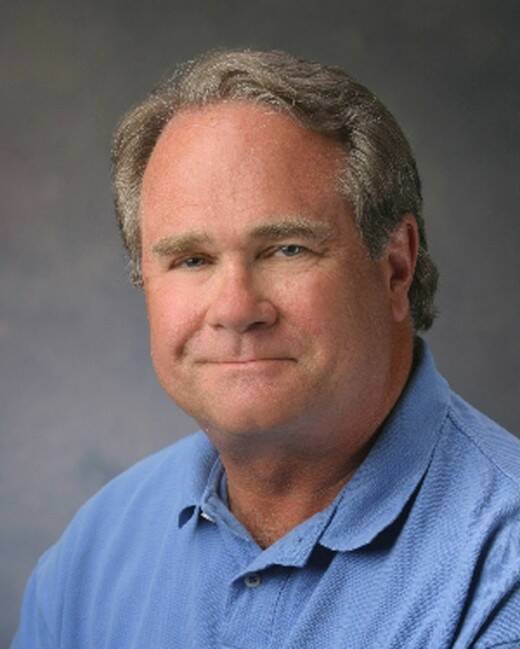
An Army of One
“Eighteen years ago a friend emerged from a coma. He had been there for 10 days, declared dead at one point. When he recovered he asked why he had been spared. He decided that while he was waiting for the answer he would promise that in every remaining day he would do something useful for his fellow man.”
PEOPLE WHO WORK IN powerful places — metropolitan newsrooms, Capitol Hill offices, etc. — will tell you that when three or four letters arrive complimenting a story or complaining about a vote, it is noticed. Most of us aim too high in our civic involvement. We can make a big difference way below what the consultants tell us is critical mass.
Eighteen years ago a friend emerged from a coma. He had been there for 10 days, declared dead at one point. When he recovered he asked why he had been spared. He decided that while he was waiting for the answer he would promise that in every remaining day he would do something useful for his fellow man.
My friend wouldn’t mind if I gave you his name but he also would say it is unimportant. He is a journalism professor, author and former newspaper publisher. He has a nearly unbroken string of successes in a variety of campaigns, some political and others civic, ranging from neighborhood street projects to state legislative races.
For that is the form his promise has taken — hundreds of micro-campaigns over a span of almost two decades. On any given day he is working on one or another. He does not presume to explain the high success rate of those campaigns, but I will.
His campaigns begin with involvement in an interest group of undetermined size and focus. It may be trying to secure adequate child care for a university campus or the election of an honest man to high office. He identifies in this larger group as few as a dozen or so who “get it,” that is, who understand how the world works as opposed to how we wish it would work, who understand what men and women can and cannot do to improve things.
My friend keeps close contact with this smaller group and builds relationships in irregular, casual meetings. Members of his group may be unaware they are members of his group.
When a consensus forms as to what needs to be done, he “activates” the group and launches the next campaign. Again, it could be anything under the general heading of “Helps Mankind.” My friend will have three to four of these groups going at any one time.
Now, here is the secret: Each of these groups is organized around the assumption that no matter how committed its members say they are to the cause, or how willing they say they are to “do whatever it takes,” my friend will end up with most of the work.
And that’s fine with him. This ensures that each of his campaigns is known by at least several and sometimes all of these characteristics:
- A concentration of energy at the decisive place and time.
- The certainty that every effort is directed towards a clearly defined, decisive and attainable objective.
- A readiness to seize, retain and exploit the initiative.
- The confrontation of those opposed at a time, at a place or in a manner for which they are unprepared.
- The allocation of minimum essential energy to secondary efforts.
- Placing those opposed in a position of disadvantage using the flexible application of effort.
- Ensuring that for every objective there is unity of effort under one responsible person.
- Never permitting an opponent to acquire an unexpected advantage.
- Preparing clear, uncomplicated plans and clear, concise communications to ensure thorough understanding.
Some of you will recognize those as the nine principles of the U.S. War College. Note that they have nothing to do with war in themselves but everything to do with thinking. My friend may or may not see himself applying these principles but this is my explanation of his success and not his.
You also will notice that none of the principles mentions anyone attaining a position of sinecure or being recognized as any sort of leader or expert or gaining a reputation for do-goodedness — nothing, in other words, that would drive a normal campaign.
My friend’s name is rarely mentioned. He goes about the work of gathering facts, sending letters (and follow-up letters) to those who can influence a solution, setting up meetings to repeatedly ask that action be taken, and so forth. He does it so well that his campaigns are often mistaken for large, well-funded operations staffed by an army of activists.
There is no army. But know that if you are a professional politician, a featherbedding bureaucrat or anyone gaming the system you don’t want to attract his attention.
Craig Ladwig is editor of the quarterly Indiana Policy Review. Send comments to [email protected].
